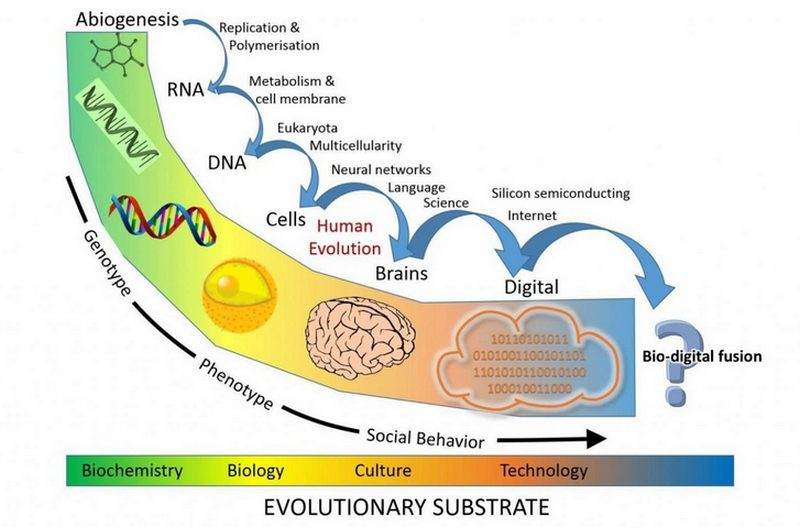Ray Kurzweil, one of the most renowned futurists, inventor, and director of engineering at Google, recently revealed his latest set of technological forecasts. Known for his audacious predictions about the future of humanity and technology, Kurzweil’s theories often walk the line between science fiction and future reality. This time is no different.
In his latest unveiling, Kurzweil delves into the concepts of technological singularity, artificial general intelligence (AGI), nanotechnology, and human immortality. The ideas are expansive and forward-looking, appealing to those who dream of a utopia catalyzed by technological advancements. But a closer analysis begs the question: how realistic are these predictions, or are they just optimistic prophecies, framed within the confines of imagination and technological optimism?
Let’s start with Kurzweil’s idea of technological singularity. The singularity is the point at which artificial intelligence will surpass human intelligence, leading to an exponential increase in technological growth that we cannot possibly comprehend. Kurzweil predicts that this moment is near – arriving around 2045. The core of this forecast depends on the assumption that artificial general intelligence (AGI) will develop in the same way and at the same rate as human intelligence has evolved.
But this prediction faces significant criticism. Firstly, while we’ve made strides in narrow AI, AGI remains a concept largely on paper. Kurzweil seems to vastly underestimate the complexity of the human brain and its unique ability to make intuitive leaps, understand complex emotions, and adapt to new and unforeseen situations. Treating the development of AGI as a given timeline dismisses the multifaceted challenges faced in this field, including ethics, safety, and even the lack of a clear path to creating AGI.
Moving on to nanotechnology, Kurzweil predicts that advancements in this field will revolutionize healthcare, eventually leading to human immortality. He envisions nanobots in our bloodstream, continuously repairing damage and keeping us eternally young. While the prospects of nanomedicine are indeed exciting, the promise of human immortality feels like a step too far. Not only does it overlook the numerous scientific and ethical hurdles involved in achieving such a feat, but it also dismisses the potential risks and uncertainties that nanotechnology brings. The environmental, social, and economic implications of such radical advances in technology need to be carefully assessed before being accepted.
Kurzweil’s optimism, while admirable and certainly necessary for any forward-thinking innovator, often translates into predictions that lack grounding in the current reality. His forecasts tend to be built on a shaky foundation that assumes a linear progression of scientific advancement, which is rarely the case. They also have a tendency to brush over the numerous socio-political, economic, and ethical challenges that could hinder or even derail the path towards the predicted future.
Furthermore, Kurzweil’s techno-centric vision seems to leave little room for the unpredictable nature of humanity. He appears to view progress and innovation as the ultimate panacea for humanity’s ills, a notion that is appealing but dangerously simplistic. Technology is a tool that can certainly drive human progress, but it isn’t a magic bullet. It doesn’t always account for the societal, cultural, and individual factors that make us human. In conclusion, while Ray Kurzweil’s latest predictions provide fascinating insights into a potential future, they should be taken with a grain of salt. His visions tend to neglect the complicated and multifaceted nature of scientific advancement and the unpredictable influences of human nature and society. Kurzweil’s futurology is undoubtedly a source of inspiration and thought-provoking conversation. However, it’s essential to approach it with a balanced view, appreciating its imaginative depth while maintaining a firm grasp on reality.

